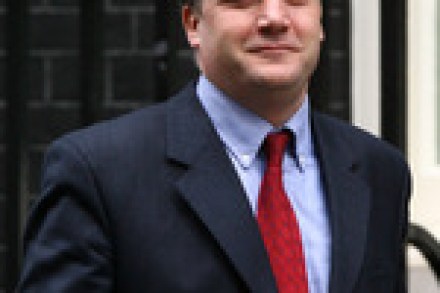Speaker tossed aside
Trevor Kavanagh’s column in The Sun today has a little story in it which shows how tense relations are between John Bercow and some MPs. ‘Thin-skinned new Commons Speaker John Bercow is a “tosser”. Not my choice of words, although it fairly describes a man who is fast becoming even more embarrassing than disgraced predecessor Michael Martin. The offensive term was used last week in an angry spat with Mr Bercow by an MP who has since apologised in writing-at Mr Bercow’s insistence. The MP is now absolved. Speaker Bercow remains a “tosser”.’ Now, I’ve no idea of the rights and wrongs of this argument and calling someone a tosser













